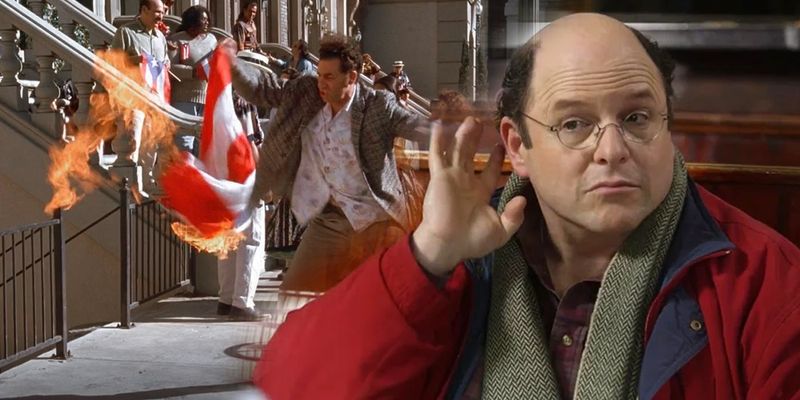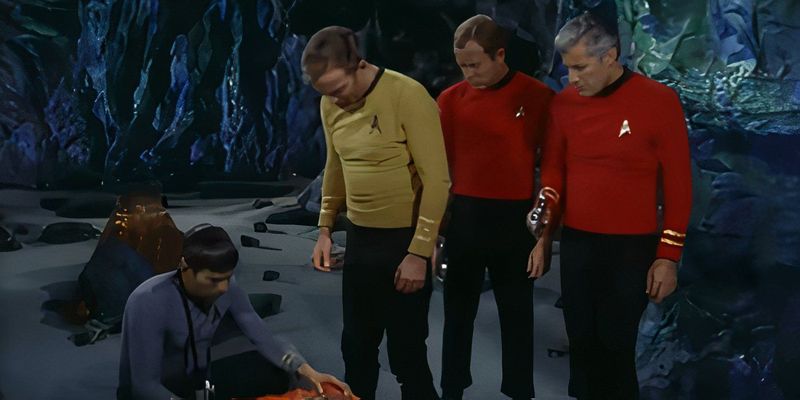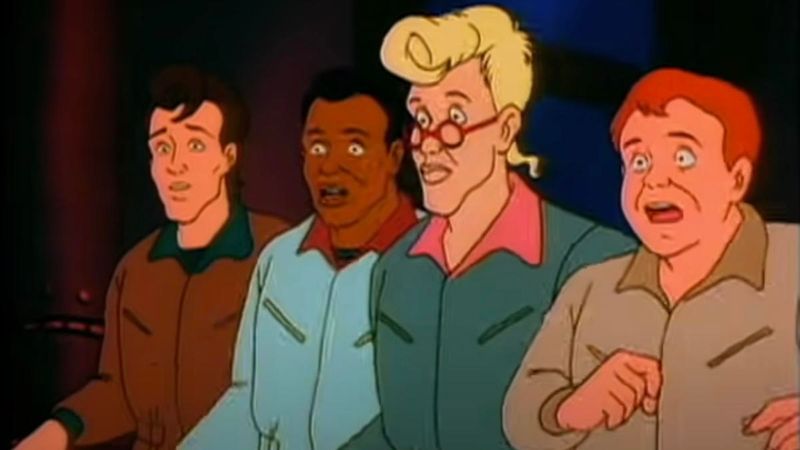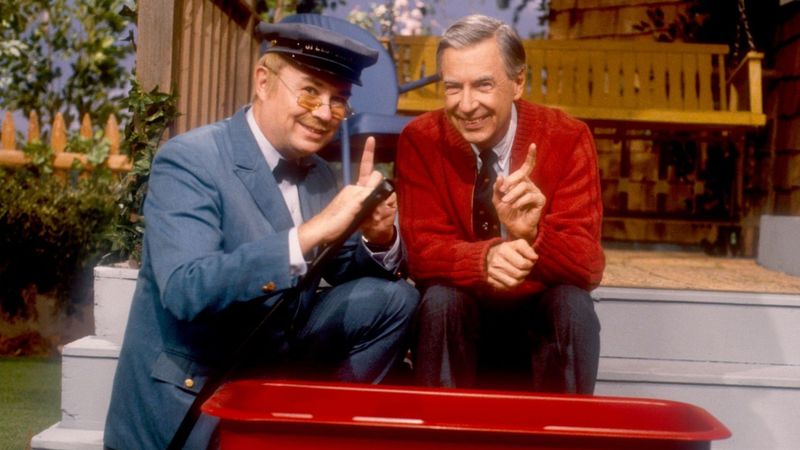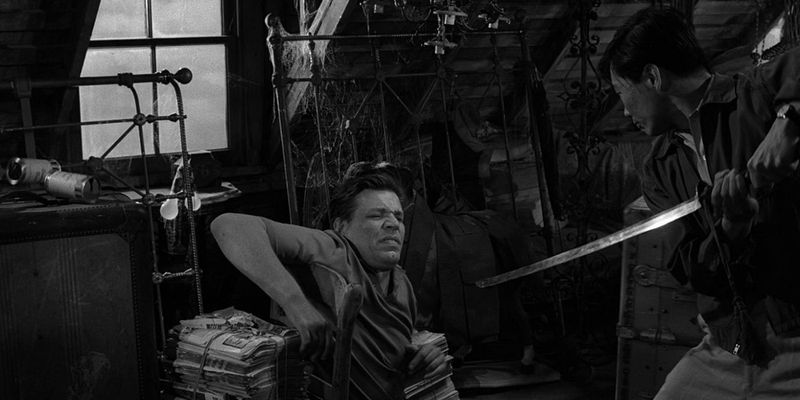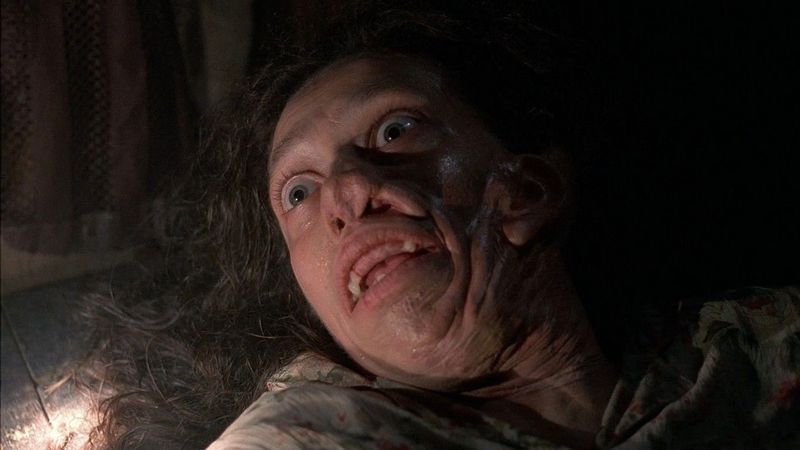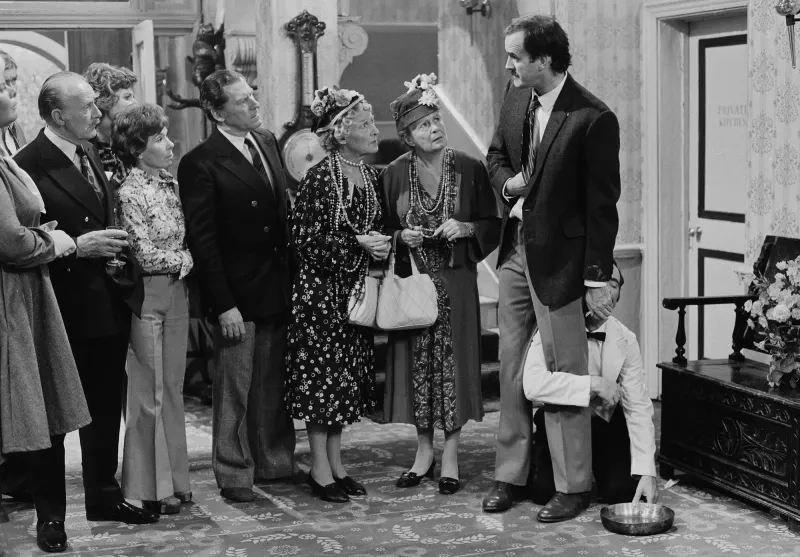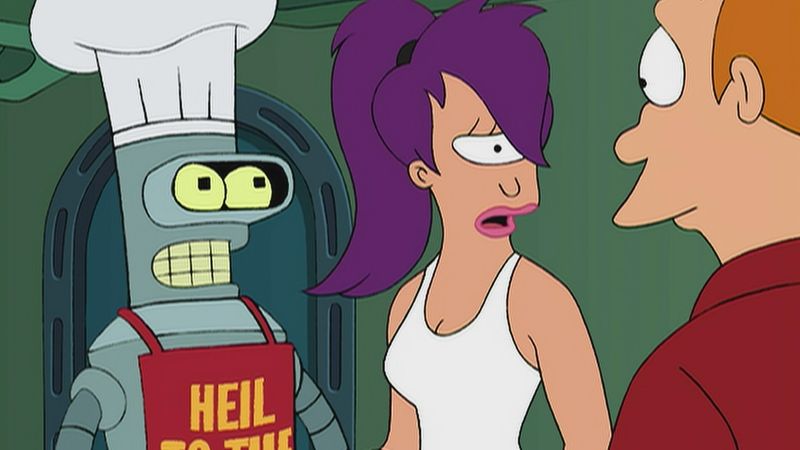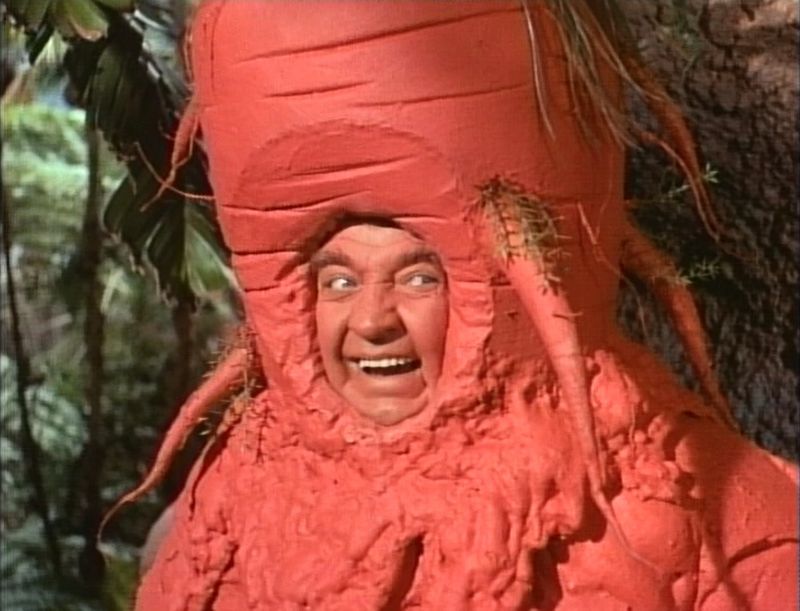10 Most Controversial TV Episodes From the ’70s and ’80s
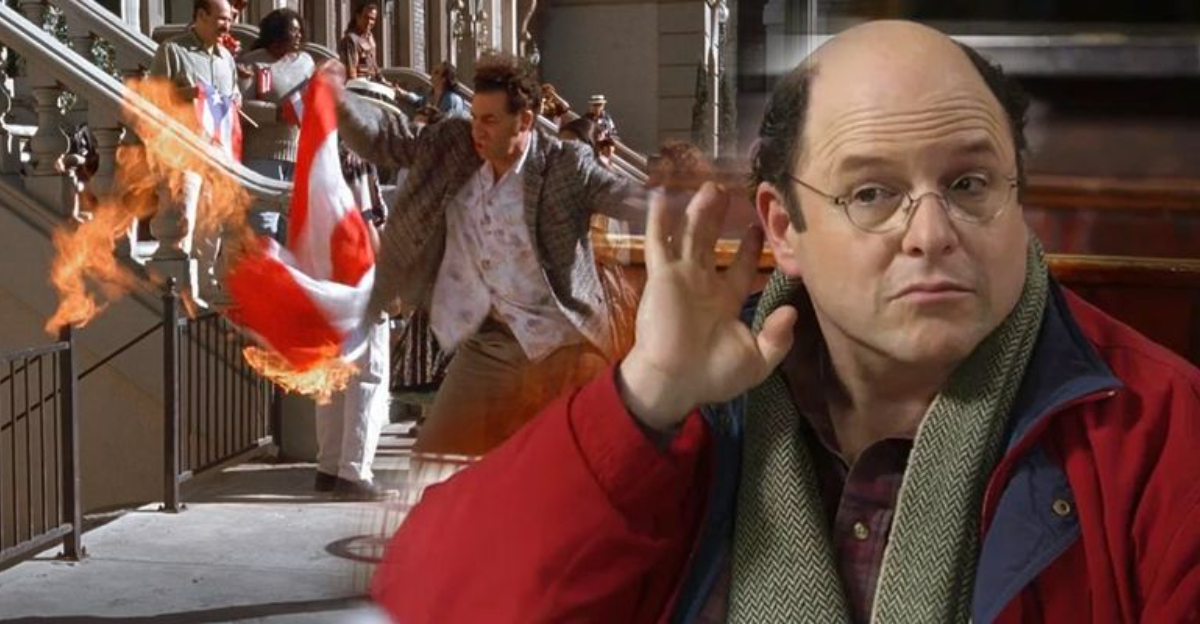
The 1970s and 1980s were a golden age for television, when bold storytelling collided with the boundaries of social norms. Sometimes, these daring shows stepped a bit too far for the time, leading to uproar, censorship, or outright bans.
From eyebrow-raising plots to shocking guest appearances, these episodes left an indelible mark. Buckle up for a nostalgic dive into a time when TV wasn’t afraid to stir the pot, even if it meant pulling episodes off the air.
Let’s unravel the drama behind these iconic moments.
1. The Puerto Rican Day Parade (Seinfeld)
Even though Seinfeld defined the ’90s, one episode struck a nerve that echoed back to the controversies of earlier decades. “The Puerto Rican Day Parade” saw Jerry and the gang entangled in a chaotic celebration, but its portrayal of cultural insensitivity didn’t sit well with many viewers.
The backlash was swift, resulting in the episode being pulled from syndication. Although it didn’t belong to the 70s or 80s, its candid humor and envelope-pushing antics felt right at home among those earlier, boundary-breaking shows.
Today, it stands as a reminder of the fine line between comedy and controversy.
2. The City on the Edge of Forever (Star Trek)
Star Trek’s “The City on the Edge of Forever” is often hailed as a masterpiece, but its journey to the screen was anything but smooth. Harlan Ellison’s original script raised eyebrows with its bold themes and ethical quandaries, nearly derailing its broadcast.
The episode saw Kirk and Spock thrown into a high-stakes time-travel mission, grappling with choices that still resonate. Despite the turbulence, this visionary tale made it to air, proving that even in the face of controversy, bold storytelling can win the day.
3. E.T. Go Home (The Real Ghostbusters)
When The Real Ghostbusters aired “E.T. Go Home,” it wasn’t expecting to ruffle feathers—but parodying a beloved alien icon was a recipe for trouble. This tongue-in-cheek episode poked fun at the adorable extraterrestrial, leading to complaints that saw it pulled from rotation.
The uproar highlighted the tension between creativity and respecting beloved franchises. Despite the controversy, the Ghostbusters’ charm remained unshaken, showing that even a few bumps in the road couldn’t stop their spectral success.
4. Mister Rogers Talks About Conflict
It’s hard to imagine Mister Rogers’ Neighborhood causing a stir, but one episode on conflict was shelved during the Gulf War. Fred Rogers, ever the kind-hearted educator, aimed to gently help children process difficult emotions. Unfortunately, the timing made it too sensitive for young audiences.
Although temporarily pulled, the episode’s intention to foster understanding and comfort was clear. Fred Rogers’ legacy of tackling tough subjects with grace endures, reminding us that sometimes even the gentlest lessons can face resistance.
5. The Encounter (The Twilight Zone)
The Twilight Zone always pushed boundaries, but “The Encounter” hit a particularly sensitive nerve. This intense episode featured a WWII veteran and a Japanese-American confronting racial and historical tensions, sparking debates about its appropriateness.
Pulled due to its raw portrayal of unresolved trauma, the episode underscored how difficult themes were navigated in the 70s and 80s. Today, it stands as a thought-provoking relic of a show unafraid to confront uncomfortable truths.
6. Home (The X-Files)
When The X-Files aired “Home,” viewers were left disturbed, and not in the fun, spooky way. The story of a secluded family with dark secrets pushed the boundaries of what audiences could stomach, sparking backlash that led to the episode’s removal from regular rotation.
While not a product of the 70s or 80s, its daring narrative and unflinching depiction of the macabre echoed the risk-taking spirit of those decades. It remains a testament to how unsettling storytelling can provoke strong reactions, for better or worse.
7. The Germans (Fawlty Towers)
Few shows can match the chaotic hilarity of Fawlty Towers, but “The Germans” sparked its fair share of controversy. John Cleese’s portrayal of the clueless and offensive Basil Fawlty drew laughs but also criticism for its portrayal of post-war European relations.
While initially aired without issue, later scrutiny led to temporary removal. The episode’s razor-sharp wit remains a hallmark of the series, a reminder of comedy’s ability to provoke both thought and outrage.
8. The Problem with Popplers (Futurama)
Futurama served up biting satire in “The Problem with Popplers,” taking aim at fast-food culture and ethical consumption. But depicting sentient snacks didn’t sit well with everyone, leading to some questioning the episode’s themes.
Although its critique was bold, the humor and clever writing ensured it retained its charm. This episode is a perfect example of how animated storytelling can tackle serious issues without losing its sense of fun.
9. Electric Soldier Porygon (Pokémon)
Unlike most controversies on this list, Pokémon’s “Electric Soldier Porygon” made headlines for health reasons rather than its plot. Bright, flashing lights in the episode caused seizures in hundreds of children, prompting its immediate ban.
This incident served as a wake-up call for content creators about safety in media. While the episode was never re-aired, Pokémon’s legacy continued strong, showcasing the resilience of this beloved franchise.
10. The Great Vegetable Rebellion (Lost in Space)
In Lost in Space’s “The Great Vegetable Rebellion,” the crew battled sentient vegetables—and the plot was just as bizarre as it sounds. While it wasn’t formally banned, the sheer absurdity of the storyline ensured it faded into obscurity.
Critics and viewers alike were left scratching their heads, but over time, the episode found a quirky cult following. It’s a testament to how even the most outlandish ideas can find a place in pop culture history.

